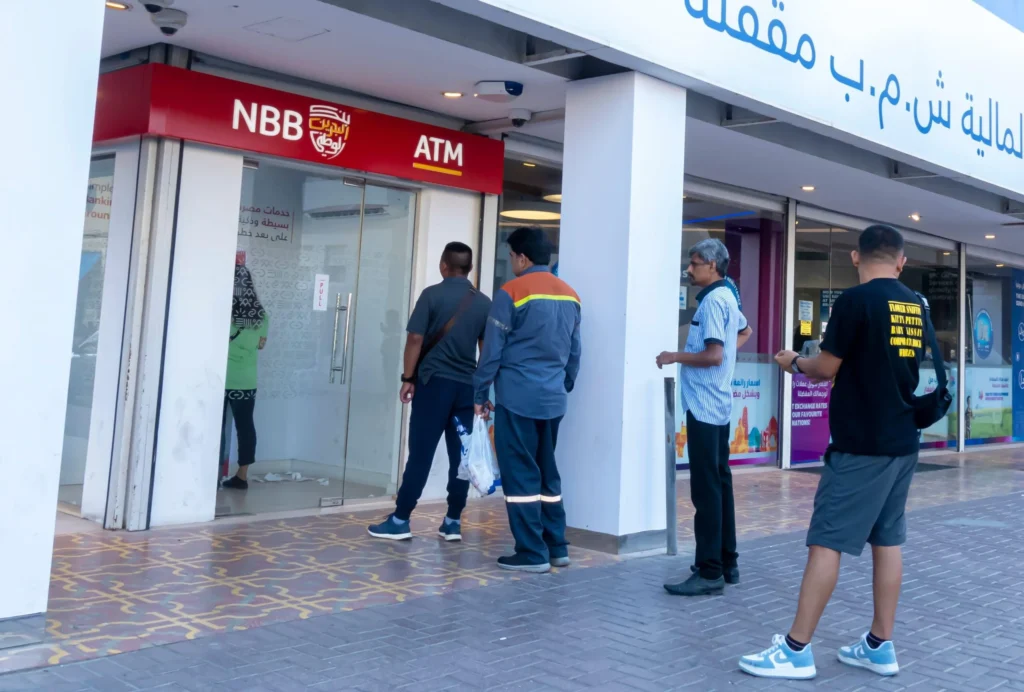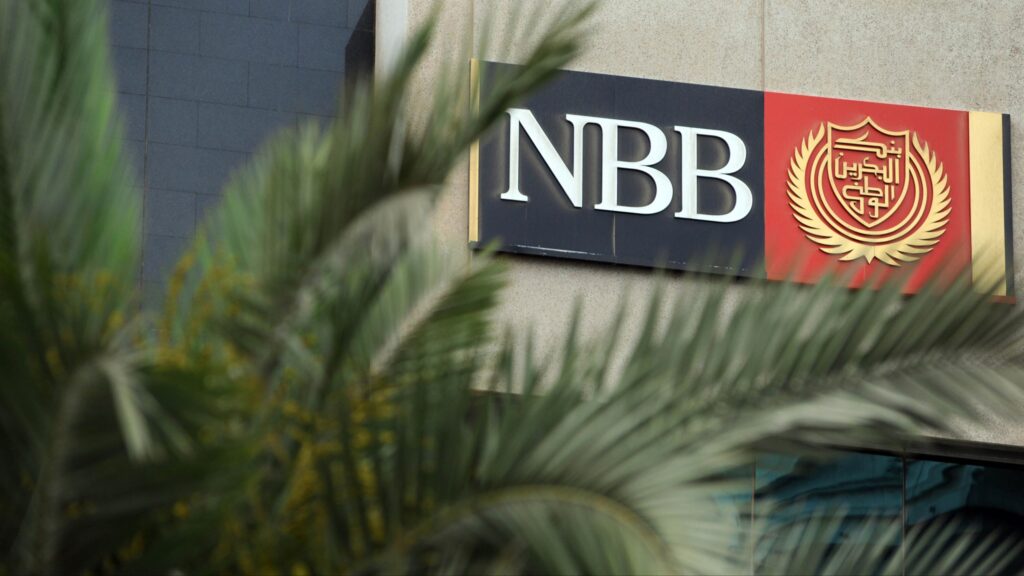Bahrain’s banking sector is undergoing a significant transformation in 2025, driven by a growing wave of consolidation among financial institutions. This trend reflects a broader regional push toward stronger, more competitive banks that can better handle economic pressures and serve a rapidly changing customer base.
NBB and BBK Merger to Create a Financial Giant
One of the most important moves in this consolidation wave is the merger between the National Bank of Bahrain (NBB) and the Bank of Bahrain and Kuwait (BBK). This strategic move, announced in 2024 and expected to be finalized by the end of 2025, will create one of the largest banking institutions in Bahrain.
NBB, founded in 1957, is Bahrain’s first locally owned bank and has a strong retail and corporate banking presence. BBK, established in 1971, has developed a wide network of services both in Bahrain and abroad. Together, they will form a stronger and more competitive entity with a combined equity base estimated at over $3.2 billion.
This merger is expected to bring several advantages, including greater efficiency, stronger capital reserves, and a broader product offering for customers. It is also anticipated to boost the new bank’s regional profile and allow it to compete more effectively across the Gulf Cooperation Council (GCC) and beyond.
HSBC Exits Bahrain Retail Banking Market
In another major development, HSBC has announced it will exit the retail banking business in Bahrain. The bank has agreed to sell its retail operations, including approximately 76,000 customer accounts, to BBK.
This decision is part of HSBC’s broader global strategy to focus on key markets and streamline its international operations. While the bank will retain its corporate and investment banking services in Bahrain, it will no longer serve individual customers in the country.

BBK’s acquisition of HSBC’s retail portfolio will further strengthen its local market share and give it access to a larger customer base. The transition is expected to be completed by the end of 2025 and will include retail loans, deposits, and related services. Customers are expected to experience a smooth transfer, although some changes in account numbers, systems, and service points may occur.
Why Are Banks Merging? Key Drivers Behind the Trend
There are several important reasons why Bahraini banks are choosing to consolidate at this time:
1. Economic Pressures
The economic environment in the region remains challenging. While Bahrain’s economy has shown signs of recovery, lower oil prices have impacted government revenues and slowed public sector activity. This has led to reduced liquidity in the market and increased competition among banks for deposits.
Additionally, analysts expect the Central Bank of Bahrain to lower interest rates in the coming months. This could further slow deposit growth, which already dropped from 1.8% year-on-year in late 2024 to near zero at the beginning of 2025.
In such an environment, smaller banks are facing profitability pressures, and larger banks are looking to strengthen their market position through strategic mergers.
2. Regulatory Support
The Central Bank of Bahrain has openly supported banking sector consolidation. Regulators believe that larger, better-capitalized banks are more resilient and better equipped to support Bahrain’s economic development.
By encouraging mergers, the central bank aims to reduce fragmentation in the sector, improve financial stability, and increase the ability of local banks to compete with international institutions.
3. Operational Efficiency and Digital Transformation
Merging allows banks to streamline operations, reduce overhead costs, and invest more in digital services. As more customers prefer mobile and online banking, institutions need to scale up their technology infrastructure.
Consolidated banks can more easily invest in innovation, cybersecurity, and customer experience. This is especially important as financial technology (fintech) companies continue to gain ground in the region.
4. Global Strategic Shifts
International banks like HSBC are focusing their attention on markets with higher growth potential or strategic importance. This means pulling back from smaller markets like Bahrain, where their operations may not be as profitable or central to long-term goals.
Such exits create opportunities for local and regional banks to expand and serve a larger base of customers.
What This Means for Customers and the Economy
The ongoing consolidation is expected to reshape the financial landscape in Bahrain in the following ways:
- Stronger Banks: The creation of larger, more stable banks will likely improve the overall health of the financial system. These institutions will have more capital to lend to businesses and individuals, potentially stimulating economic activity.
- Improved Services: With greater resources, consolidated banks can invest more in customer service, digital platforms, and product development. This may lead to a better banking experience for consumers.
- Job Market Changes: While mergers often bring opportunities, they can also lead to job overlaps. Some staff positions may be consolidated or restructured. However, banks are expected to manage this transition carefully and may redeploy staff where possible.
- Increased Regional Competitiveness: As Bahraini banks grow stronger, they are more likely to expand into neighboring markets or form alliances with regional players. This could help position Bahrain as a stronger financial hub in the Gulf region.
Looking Ahead: More Mergers on the Horizon?

Many experts believe that this is only the beginning of Bahrain’s banking consolidation phase. The benefits of scale, technology investments, and operational efficiency make mergers attractive, especially in a competitive market.
Other regional markets, such as the UAE and Saudi Arabia, have also seen similar trends, with major banks merging to form larger, more resilient institutions. Bahrain is likely to follow suit, especially as regulators and investors support these moves.
In the coming years, we may see more partnerships, acquisitions, or mergers as Bahraini banks adapt to global economic trends, customer needs, and digital transformation.
Conclusion
Bahrain’s banking sector is at a turning point. As leading institutions like NBB, BBK, and HSBC reshape their strategies, the financial industry is moving toward fewer but stronger players. This trend is expected to bring long-term benefits in the form of improved services, stronger capital bases, and more competitive banks.
The consolidation wave marks a new era for Bahrain’s financial future—one built on resilience, innovation, and regional leadership.
Petrofac Wins Major Contract to Boost Bahrain’s Energy Sector



